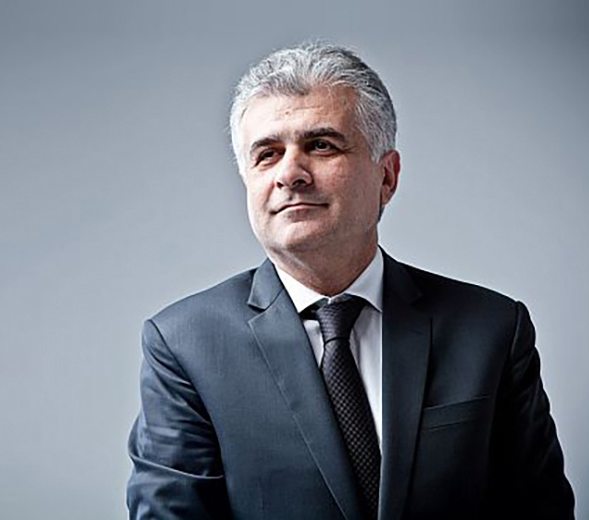Experiences of women professionals working in Bahrain has highlighted the complexity of gender and Human Resource Management (HRM) processes within the Middle East. The lack of concern for equal opportunity organizational development, limited provisions for women’s professional training, combined with patriarchal and religious gender codes provide difficult terrain for both women themselves and Human Resources strategists to navigate. There is no simple relationship that can be discerned between such complex social processes as Human Resources Management and the gendered nature of workplace relations.
Explaining gendered management practices is complex enough in secular economies; yet positioning of gender in Human Resource Management and equality in Islamic countries pose even more challenges for scholars and practitioners. The evidence in published papers reaffirmed that HRM systems in the Middle East are premised on high trust relationships, and the execution of functional oriented Human Resources Management practice is based on personal contacts and connections rather than formal procedures. Significantly, however, the evidence revealed that personalized, rather than the procedural nature of HRM dynamics has gendered effects, most notably through cultural practices that encourage women to fulfill their family role. The gendered structuring of training modules, and consequently career paths, created limitations for women in this study. Notably, the absence of family and work policies is premised on the prevailing social view about women’s chief responsibility as the caretaker of children and family. As a number of women themselves articulated, it is not Islam that creates limitations and prohibits choice but it is the “men’s interpretations”. These social dynamics pose challenges for Human Resources Management strategists and in the following we address areas of potential employment reform.
The most cited HR development area was increased professional training and support for women. The multi-skill leadership demands in International Human Resources Management require that the talents of all employees are nurtured and developed. Training programmes that targeted women in the 1980s (for example in UK) succeeded in raising skills and opportunities for women in public sector appointments and a similar programme in Bahrain would likely yield similar benefits. At the national level, several Gulf states (including Oman and UAE) have introduced women’s empowerment programmes (encompassing inter alia: credit counselling and business planning) reflecting the recognition and importance of entrepreneurship for women’s employment according to World Bank. We are glad to have Bahrain Women Association for Human Development, and we hope that there activities and achievements to grow and influence every single organization in the Kingdom.
By Dr.Jassim Haji

